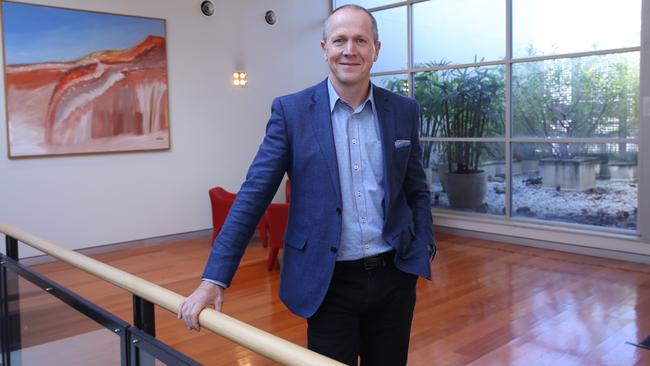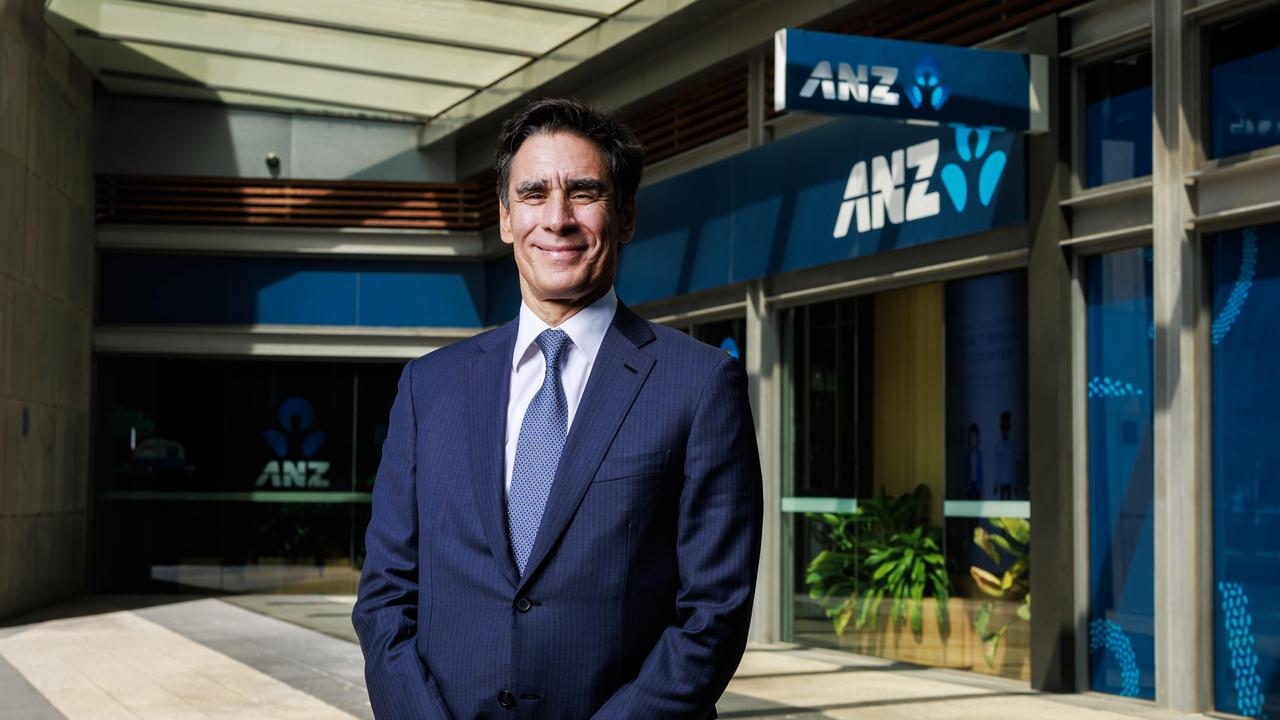Nimble quick to eye pivot into mainstream banking
Payday lender Nimble is planning a move into mainstream digital banking.

Payday lender Nimble is making an ambitious and wholesale shift away from its core business as part of a plan to move into traditional lending and become a digital bank.
Nimble’s chief, Gavin Slater, said the lender was pushing into new businesses to lower its cost of capital and would eventually stop offering higher interest rate payday loans.
“While we are pivoting the business and going into what I’d call more mainstream consumer finance and banking, we still want to find a way to look after this (payday loan) sector of the community, but at lower rates,” Mr Slater told The Weekend Australian.
“The only way I can do that is by lowering my cost of capital and the path to lowering our cost of capital will, in part, be enabled to pivoting Nimble across broader products.”
Payday loans have much higher interest rates over shorter terms and smaller amounts.
Mr Slater joined Nimble — whose advertisements were known for a quirky man donning a rabbit suit — a year ago after a stint leading the government’s Digital Transformation Agency.
Before that, he spent 17 years at National Australia Bank spanning roles including group executive personal banking.
Under the new blueprint, Nimble has started laying the groundwork to apply for a restricted banking licence ahead of starting the process for a full licence. Until then it can rely on its credit licence.
From next week, Nimble will push into larger personal loans of $5000-$25,000, ahead of car loans later this year and a line of credit product next year.
Eventually mortgages and deposits, the latter pending the licence, are planned. But the strategy comes as the digital banking space is getting increasingly crowded as start-ups scale up and offshore players look for inroads in Australia. Local players include Volt, Xinja and 86 400.
Mr Slater said Nimble had advantages over start-ups as the company was founded in 2007.
“We are already an established company, already profitable, people know the brand,” he said.
Nimble’s net profit climbed 40 per cent to $5.4 million for the 12 months to June 30 last year, the latest accounts lodged with the corporate regulator show.
However, the company has been in the sights of the Australian Securities & Investments Commission in the past, along with the broader payday lending sector. In 2016, Nimble was ordered to refund 7000 customers more than $1.5m after ASIC had concerns that the firm was failing to meet responsible lending obligations. Nimble also had to make a donation to Financial Counselling Australia and fix processes as part of closing out the enforceable undertaking.
“Sometimes painful learnings are the best learnings. While it was before my time, coming into the role it is something I did look at,” Mr Slater said.
ASIC put the payday lending sector on notice in 2015, after a review of the industry, telling players to improve their practices or risk further enforcement action.
Mr Slater is upbeat on the company’s move away from payday lending, despite knowing the big players will fight back to protect their patch. He believes the fallout from the Hayne royal commission and key reforms such as open banking, which frees up access to consumer data, will buoy smaller players.
“I feel there is a once in a generational opportunity for someone like Nimble to participate in the more mainstream banking system,” Mr Slater said.
“The anti-bank sentiment has never been higher.”
Nimble was founded by Greg Ellis and Sean Teahan and counts among its shareholders Lempriere Capital co-chairman William Lempriere, of the well-known wool family.
Mr Teahan and Mr Ellis retain a stake, as does Acorn Capital, Monash Investors and iSelect founder Damien Waller.
When asked if the company would seek an ASX listing in the future, Mr Slater was adamant that that was an option over three to five years, depending on the trajectory of the business.
“There’s a fantastic opportunity to leverage this capability and pivot the business and grow it into something bigger, with an eye to the future and a potential IPO event,” he said.
Mr Slater admits he initially had a dim view of the payday lending sector, but now believed Australia needed to better tackle the issue of financial exclusion, for those that need finance and find it difficult to obtain.
“There are aspects of the sector I really don’t like and I don’t condone predatory lending in any way, shape or form,” he said.
“A high proportion of our community are employed but do not have the savings or the discretionary cash to meet an unexpected event like a car repair.”
The company’s loss rate is about 6 per cent within the existing payday lending book.
“We only approve less than 20 per cent of people that apply,” he said, noting the company’s systems included data scraping from bank accounts to assess a customer’s ability to pay and an efficient approval process.
The company’s personal loans would be priced, based on a borrower’s risk profile, from 8.99 per cent to about 30 per cent at the higher end.



